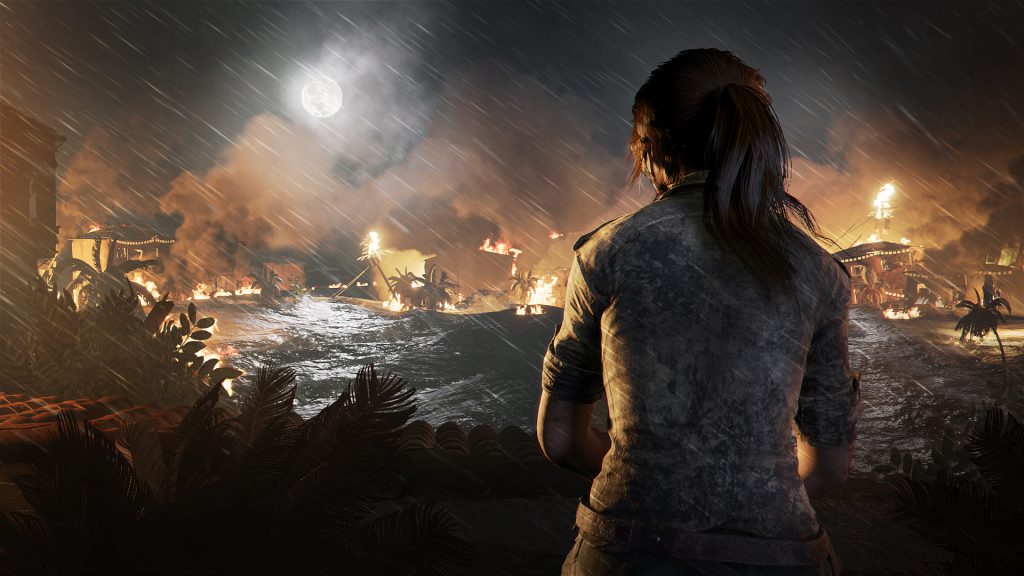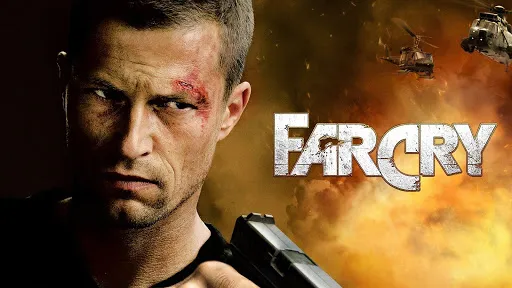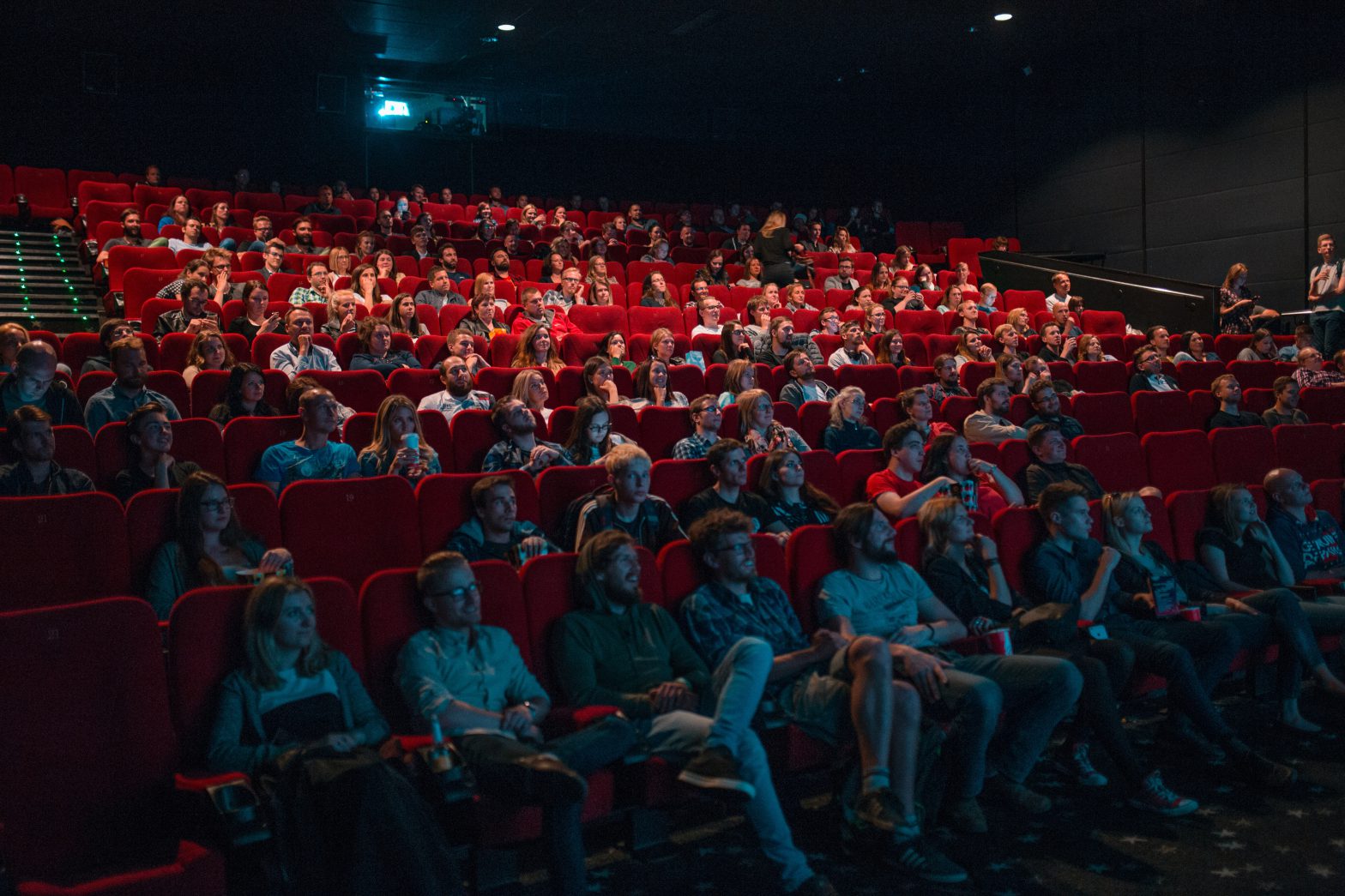Video games, the biggest form of entertainment currently worth upwards of $152 billion (more than both the film and music industries combined), are very popular and are still rising in value and worldwide appeal. Plenty of film corporations have decided they wanted a slice of the cake because of this. While some studios have produced decent films that fit the IP they hijacked, most have produced nothing short of uninspired trash that are about as entertaining as watching paint dry in the rain.

Video game movies have existed for almost as long as games themselves, and they’ve had a very rocky path with said video game movies becoming worse with time. Though there are some exceptions, they’re usually bad. Why is this? Why is it that video games and movies go together like oil and water? Well, it’s because of how both mediums are completely different in delivery to the consumer: movies are very linear, everything plays out with no interference on the viewers’ end, while games can be as linear as a movie in terms of the plot, they always have some level of control. With games like Fallout or STALKER, the difference is even more obvious as you have countless ways to progress through the game and a lot of the events scattered around the game world.

While most video game movies are bad, there does exist some exceptions although they’re few and far between. Some examples of exceptions would be the Tomb Raider (2018) movie, the Mortal Kombat (2021) movie, as well as the (hopefully) upcoming Division movie set to release in 2022. What makes a video game movie good to begin with, you might be wondering? Well, usually the movies that respect the boundaries and rules of whatever story they are using as source material make the best films because they adapt the more important elements to a different means of storytelling.

While this ‘strategy’ can work, most of the time it doesn’t for two reasons: firstly, some games (DooM, for example) are solely gameplay focused with very little bits of ‘story’ in the background. With games like these, producers must either create a new story entirely being under the guise of ‘fitting in the universe’ or stretching the original story way too far resulting in the final product being totally different from the source. Secondly, games with choices that effect story or multiple endings are difficult to execute because of all the variables in play. While you can just focus on one section or route of the story, many try to pull as much as they can into the mix, often resulting in a confusing mess that reads like a foreign language you almost know.

What about movie-based video games? How do they tie into all of this? Well, they’re easier to pull off just because of how versatile games can be. They work best with movies that have big background stories so it’s easier to pull something workable out of the magic movie hat. A good example would be Star Wars Battlefront 2, and while the first game was a micro-transaction filled mess, the second game did improve vastly. It focuses on the large scale battles of the Star Wars universe, specifically the kind that don’t often show up in the films and TV shows.

So, in conclusion, video game movies are rarely any good, and when they are they’re usually quite mediocre. While (usually) I hate movies modelled after video games, I have hope for what the future entails.

i enjoy movies that are in games not the other way around though for some